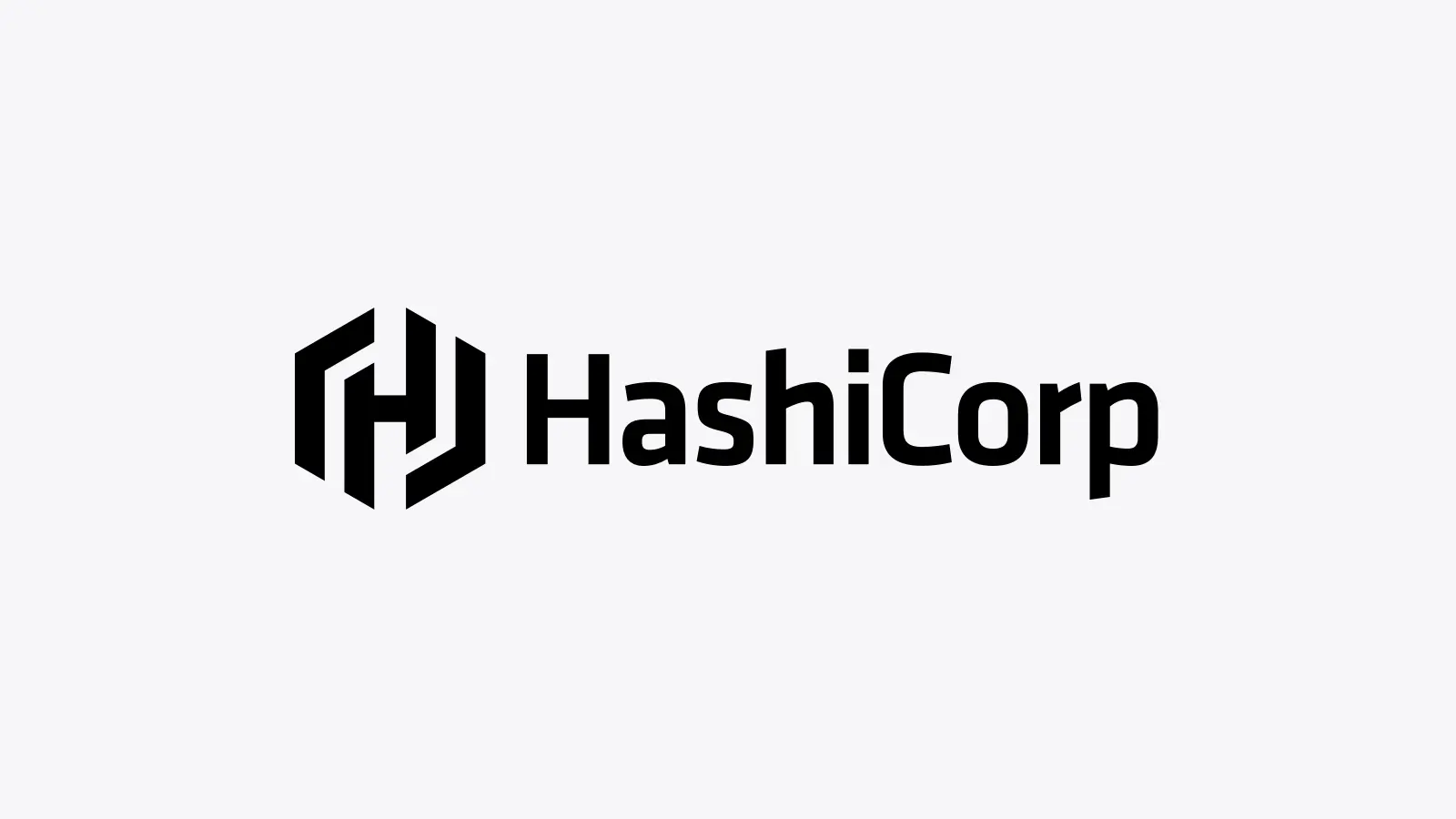HashiCorp changes license from Mozilla Public License 2.0 to Business Source License 1.1 on their products
HashiCorp changes license from Mozilla Public License 2.0 to Business Source License 1.1 on their products

www.hashicorp.com
HashiCorp adopts Business Source License
